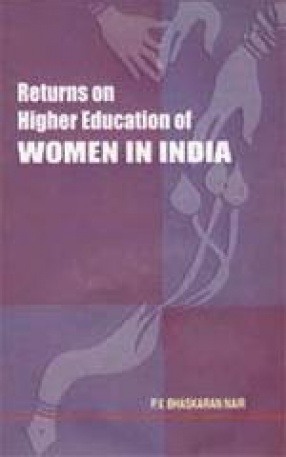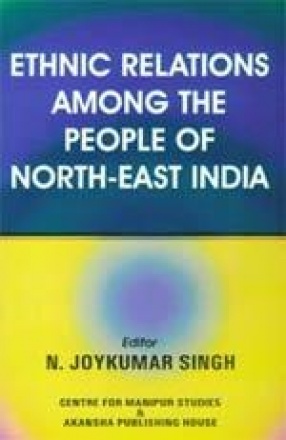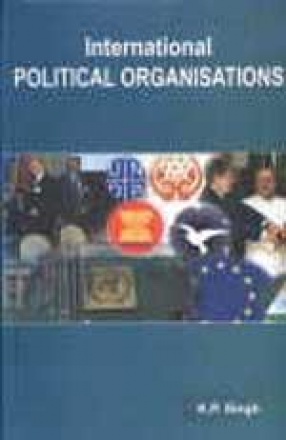The geopolitics of South Asia makes it one of the most dangerous places to live in today. The collapse of the Soviet Union has destabilized long-established cold war equations and unleashed violent processes of transformation, of jockeying for power and control, and of neo-colonial and political adventurism. Terrorism is at the heart of the new paradigms of covert aggression that underlies these processes, and this scourge is spreading across the Indian sub-continent in an ever-widening arc that constitutes an immense threat, specifically to the security, stability and integrity of the nations within this region, and to world peace in general. The challenge confronting India demands a systematic approach to terrorism premised on the clear and certain realization that there are no quick and easy short cuts to resolving the problem. What is required, consequently, is an understanding, not only to the immediate ground situation and the proximate alignment of forces, but of the larger context of each crisis, of the ideological and strategic perspectives of the parties in conflict, and of the imperatives of history. These are the demands of the new ;great game’ that is afoot in South and Central Asia today. The players in this venture recognize neither law nor convention, nor, indeed, international borders or national sovereignty. And they are as cynical, as dangerous and as ambitious as the colonial adventurers who embarked on the other ‘great game’ in this region more than a century ago. Worse, they and their surrogates are armed with weapons that are infinitely more destructive. This book examines many of the deeper linkages, the less obvious implication of a range of terrorist movements, low-intensity wars and internal conflicts in India today.
Fault Lines: Writings on Conflict and Resolution (Vol. 9)
The uncritical hysteria of ...
$12.35
$13.00







There are no reviews yet.